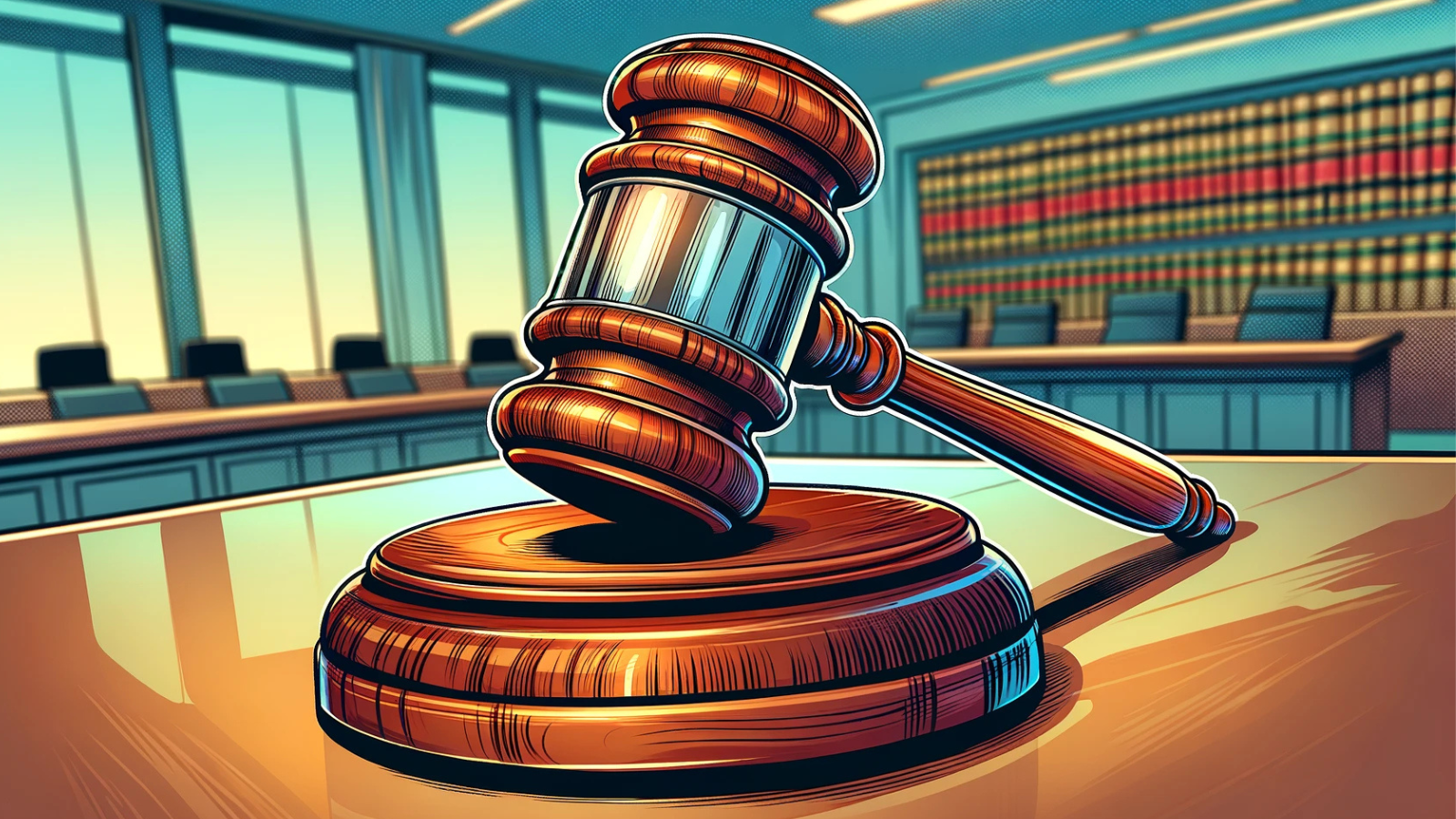US Court Overturns Tornado Cash Sanctions
Curated News
US Court Overturns Tornado Cash Sanctions
Decision raises questions about regulatory limits on privacy-focused technologies

Decision raises questions about regulatory limits on privacy-focused technologies

Value-packed daily reports covering news, markets, on-chain data, fundraising, governance, and more – sent to your inbox. Saving you 1 hour of research daily.
Yes please.